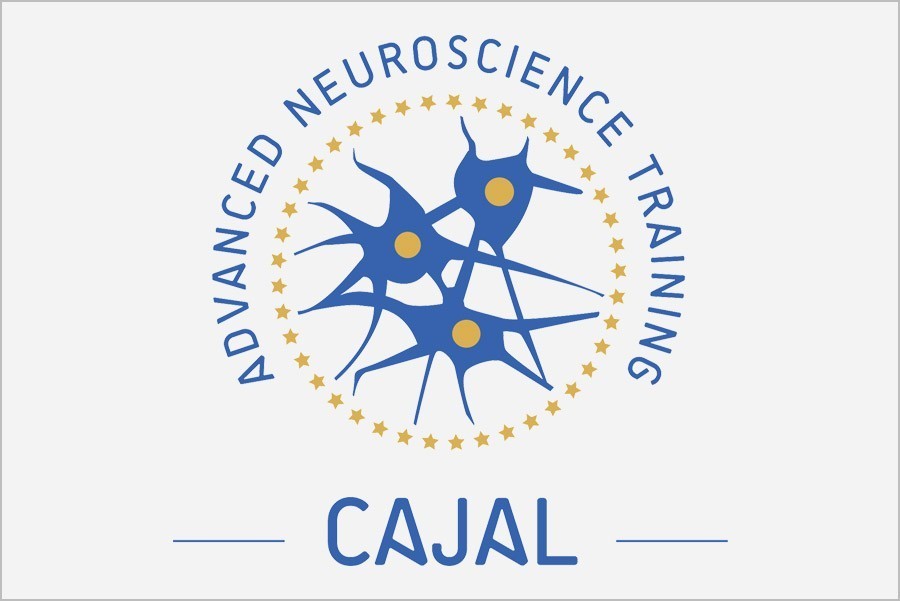
Cajal course : Ageing cognition.
September 14th to October 2nd, 2020.
Venue: Bordeaux School of Neuroscience
The normal aging process is associated with reduced performance on cognitive tasks that require one to quickly process or transform information to make a decision, including measures of speed of processing, executive cognitive function, working and relational memories. Structural and functional alterations in the brain correlate with these age-related cognitive changes, such as loss of synapses, and dysfunction of neuronal networks. It is crucial to develop new approaches that consider the whole neuroanatomical, endocrine, immunological, vascular and cellular changes impacting on cognition.
This 3-week course will cover the fundamentals of cognitive aging -including inter-individual differences, cognitive and brain reserve and risk factors- and highlight the newest functional imaging methods to study human brain function. The Faculty will share the state-of-the-art molecular, optical, computational, electrophysiological, behavioural and epidemiological approaches available for studying the aging brain in diverse model systems. The Students will learn the potential and limitations of these methods, through practical experience in a combination of lectures addressing aging in both humans and animal models and hands-on-projects. They will acquire sufficient practical experience to model, design and interpret experiments and brainstorm on novel technologies and hypotheses to explore the aging of the brain using more integrative and creative approaches.
Course director
 |
| Luísa Lopes Neurobiology of Ageing & Disease iMM Lisboa Portugal |
Co-directors
 |
 |
| Cheryl Grady The Rotman Research Institute, Baycrest, Canada |
Nora Abrous Neurocentre Magendie INSERM U 1215, University of Bordeaux, France |
Registration
Fee : 3.500 € (includes tuition fee, accommodation and meals)
The CAJAL programme offers 4 stipends per course (waived registration fee, not including travel expenses). Please apply through the course online application form. In order to identify candidates in real need of a stipend, any grant applicant is encouraged to first request funds from their lab, institution or government.
Kindly note that if you benefited from a Cajal stipend in the past, you are no longer eligible to receive this kind of funding. However other types of funding (such as partial travel grants from sponsors) might be made available after the participants selection process, depending on the course.
For enquiries, please contact:
Keynote speakers
Hélène Amieva (Bordeaux Population Health, France)
Adam Antebi (Max Planck Institute for Biology of Ageing, Germany)
Carol Barnes (University of Arizona, USA)
Luc Buée (Centre de Recherche Jean-Pierre Aubert, France)
Gwenaëlle Catheline (Bordeaux Neurocampus, France)
Maria Llorens (Centro de Biologia Molecular Severo Ochoa, Spain)
Aline Marighetto (Bordeaux Neurocampus, France)
Lars Nyberg (Umeå University, Sweden)
Laure Rondi-Reig (Sorbonne University, France)
Yaakov Stern (Columbia University, USA)
Tony Wyss-Coray (Stanford University, USA)
Instructors
Claudia Almeida – CEDOC, UNL, Portugal
Nicolas Blin – Neurocentre Magendie, University of Bordeaux, France
Gwenaelle Catheline – INCIA, University of Bordeaux, France
Joana Coelho – iMM Lisboa, Portugal
Miguel De la Flor Garcia – Universidad Autònoma de Madrid, Spain
Nicole Etchamendy – Neurocentre Magendie, University of Bordeaux, France
Jean Vincente Goncelin – Sorbonne University, France
Aline Marighetto – Neurocentre Magendie, University of Bordeaux, France
Nuno Morais – iMM Lisboa, Portugal
Paula Pousinha – Institut de Pharmacologie Moléculaire et Cellulaire – IPMC, France
Miguel Remondes – iMM Lisboa, Portugal
Jenny Rieck – University of Toronto, Canada
Azza Sellami – Neurocentre Magendie, University of Bordeaux, France
Projects
Last update 09/04/20
